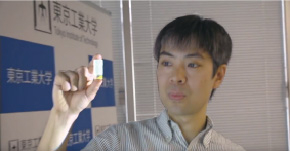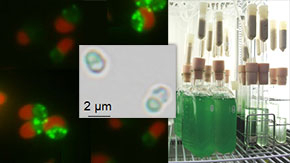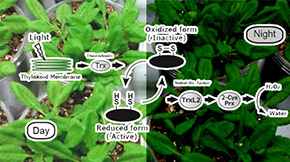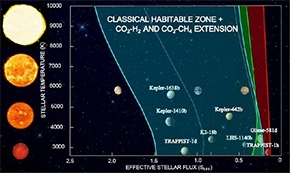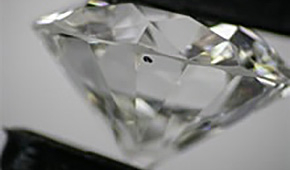Tokyo Tech Bulletin is an email newsletter introducing Tokyo Tech's research, education, and students' activities. The latest edition, "Tokyo Tech Bulletin No. 50," has been published.
To get the most recent news from the Institute directly to your inbox, subscribe to Tokyo Tech Bulletin now.
now.
SPECIAL TOPICS
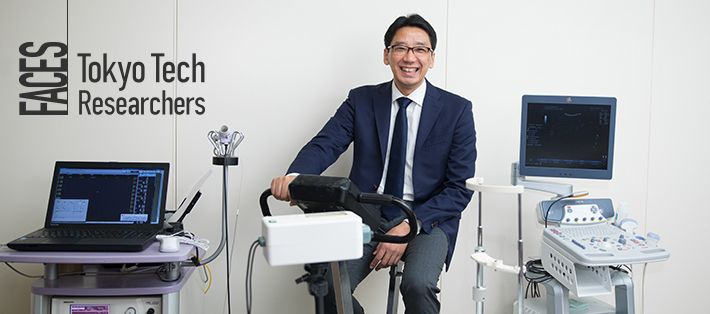
Naoyuki Hayashi - What is "health"? - A unique look at exercise and nutrition
Everyone wants to live a long and healthy life. There is so much interest in the topic of health, but what exactly is "health"? Institute for Liberal Arts professor Naoyuki Hayashi studies health by looking at two specific relationships: exercise and ocular blood flow, and chewing and nutrition.
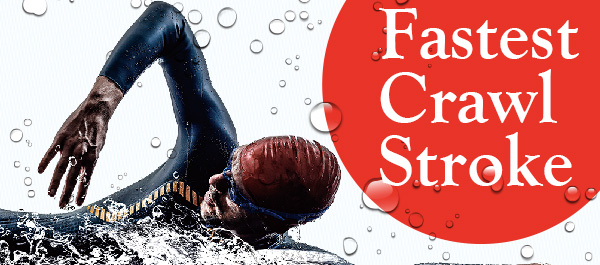
Fastest Crawl Stroke
In two years, the Summer Olympics will be hosted by Tokyo, where the Ookayama Campus is located. Among the Olympic events, swimming is one of the most popular sports. The crawl is especially popular because it is the fastest of the swimming events. Identifying the most efficient crawl stroke has long been the dream of researchers. Tokyo Tech's Motomu Nakashima Laboratory has played an important role in this research.
Research
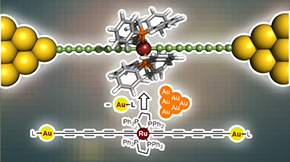
All wired up: New molecular wires for single-molecule electronic devices
Scientists at Tokyo Institute of Technology designed a new type of molecular wire doped with organometallic ruthenium to achieve unprecedentedly higher conductance than earlier molecular wires. The origin of high conductance in these wires is fundamentally different from similar molecular devices and suggests a potential strategy for developing highly conducting "doped" molecular wires.
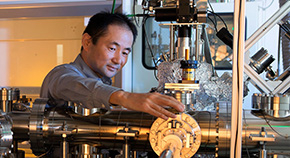
Expanding the limits of Li-ion batteries: Interface for all-solid-state batteries
Scientists at Tokyo Tech have addressed one of the major disadvantages of all-solid-state batteries by developing batteries with a low resistance at their electrode/solid electrolyte interface. The fabricated batteries showed excellent electrochemical properties that greatly surpass those of traditional and ubiquitous Li-ion batteries; thereby, demonstrating the promise of all-solid-state battery technology and its potential to revolutionize portable electronics.
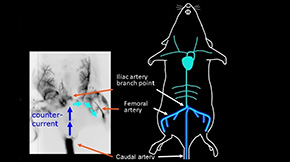
A reliable, easy-to-use mouse model for investigating bone metastasis
Researchers at Tokyo Tech propose an improved mouse model that could revolutionize bone metastasis research. Their method, which involves injecting cancer cells via the so-called caudal artery in the mouse tail, overcomes many limitations of traditional mouse models. The new model could thus open a new chapter in the development of therapeutic strategies for bone metastasis and cancer progression.
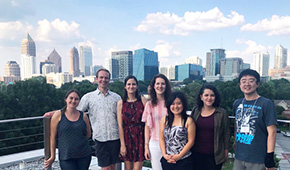
The 2018 Astrobiology Graduate Conference from the Eyes of an ELSI Researcher
From June 4th to June 8th, the 2018 NASA Astrobiology Graduate Conference (AbGradCon) was held at Georgia Institute of Technology in Atlanta, Georgia, USA. In recent years, ELSI has sponsored this conference in some capacity, as ELSI expects that this will foster the development of young Astrobiology researchers around the world.
In the spotlight
. Any information published on this site will be valid in relation to Science Tokyo.




